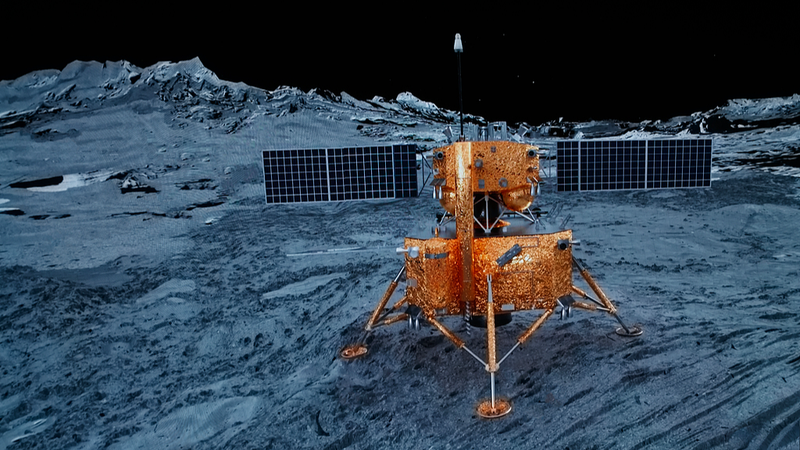Hey cosmic explorers! A new study by three scientists at Radboud University is turning our understanding of the universe on its head. According to their latest calculations published in the Journal of Cosmology and Astroparticle Physics, the cosmic decay process driven by Hawking radiation may occur far sooner than we once thought.
So, what does this mean? Renowned physicist Stephen Hawking introduced the idea that black holes emit a type of radiation known as Hawking radiation, which slowly causes them to lose mass and eventually evaporate. The team extended this concept to other celestial objects. Their calculations show that the last stellar remnants, like white dwarf stars, could evaporate in about 1078 years instead of the previously estimated 101,100 years! 😲
To put that into perspective, even though these numbers are mind-blowing, the new estimate radically shortens the cosmic timeline. They even ventured to calculate hypothetical evaporation times for the moon and a human, landing on around 1090 years. While these figures are still astronomical, it's fascinating to see science push the boundaries of our cosmic understanding.
The lead author, Heino Falcke, noted, "So the ultimate end of the universe comes much sooner than expected, but fortunately it still takes a very long time." This research invites us to rethink our long-held ideas about cosmic longevity and reminds us that just like our ever-changing digital world, the universe too is full of surprises. 🚀
Stay curious, and keep exploring the wonders of our cosmos!
Reference(s):
Study shows universe's decay may be faster than previously estimated
cgtn.com




